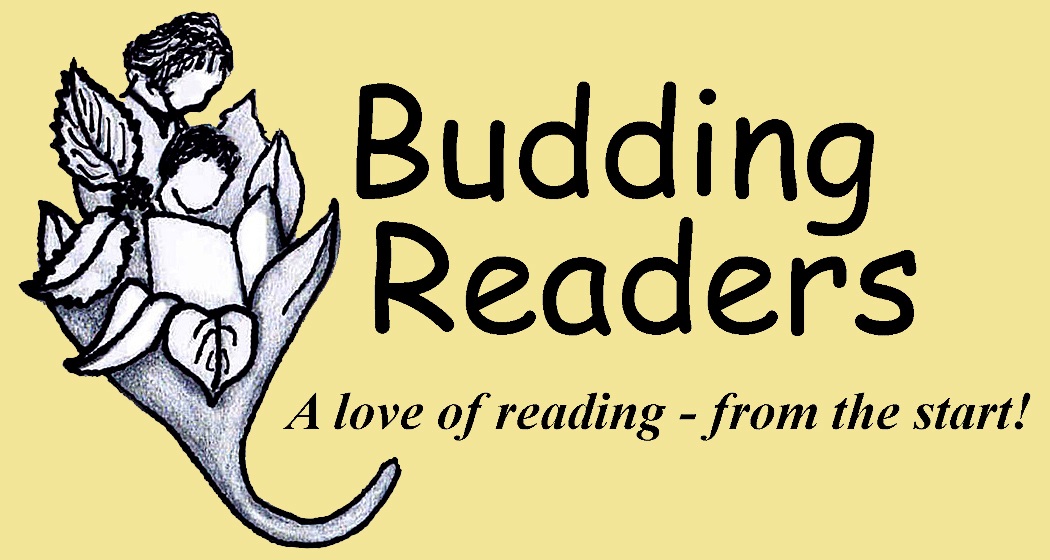There is a lot of research showing that reading to babies and young children is both important and powerful. It prepares young children for entry into school and learning to read themselves. Being read to regularly influences their cognitive development as well as their social development. Below is a very modest sample of the known information about the importance of reading to young ones.
“Not all readers are leaders, but all leaders are readers.”
– Harry S. Truman
The American Academy of Pediatrics has made it policy that pediatricians recommend reading aloud with infants as a family activity starting at birth. “Reading aloud with young children enhances parent-child relationships and prepares young minds to learn language and early literacy skills.” Pediatrics, August 2014.
“Nonreading children are the greatest problem in American education.”
– Glenn Doman, “How to Teach Your Baby To Read“
- Children who hear a wealth of language before age 3 will experience success at school.
- Children’s books contain three times more developed vocabulary than the everyday conversation between parent and child.
- Babies who were read to regularly starting at 6 months had a 40% increase in receptive vocabulary by the time they were 18 months old. Babies who were not read to had only a 16% increase in receptive vocabulary. C. High, et al., PEDIATRICS, Vol.105 No.4, April 2000.
- Children benefit from the read aloud experience as it promotes bonding by making a connection between the things babies love most -their parent’s voice, the security of physical closeness, and eventually – books.
- Reading to children from birth is the single most important thing parents can do to prepare their children for school. Anderson, R., et al., Becoming a Nation of Readers: The Report on the Commission of Reading, 1988.

“Today a reader, tomorrow a leader.”
– Margaret Fuller
- Preschoolers who view TV excessively can experience delayed reading skills.
- Children who acquire a great interest in reading in their homes constitute the overwhelming majority of those who later become good readers.
- “Reading is the single most important factor in American life today. The more you read, the more you know. The more you know, the smarter you grow. The smarter you grow the longer you stay in school. The longer you stay in school, the more money you earn. The more you earn, the better your children will do in school and the longer you will live. So if you hook a child on reading, you will influence not only his future health and financial circumstances but also those of the next generation.” – Jim Trelease, Author, The Read Aloud Handbook
- It is well documented that rural and low-income children are at increased risk of school failure. They frequently lack the pre-literacy skills needed for school readiness and are more likely to be retained in kindergarten, as well as in subsequent grades. Rural children are also 60% more likely to be placed in special education in kindergarten than are non-rural children. They are also less likely to be proficient in letter recognition and identifying the beginning sounds of words upon entering kindergarten when compared to non-rural children They are also unlikely to have the opportunity for advantageous pre-kindergarten programs that are more prevalent in urban areas. (New York State Rural Education Advisory Committee (REAC) Policy Brief, March 2009).
Our most recent Newsletter (October 2018) provided an interesting review of the research on early literacy.
